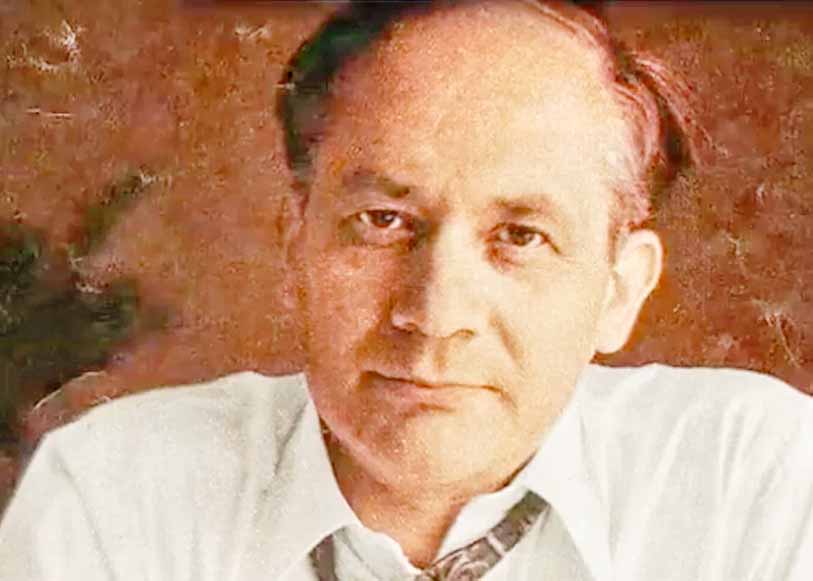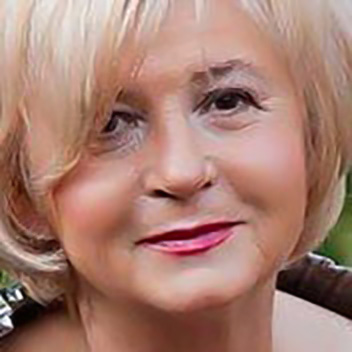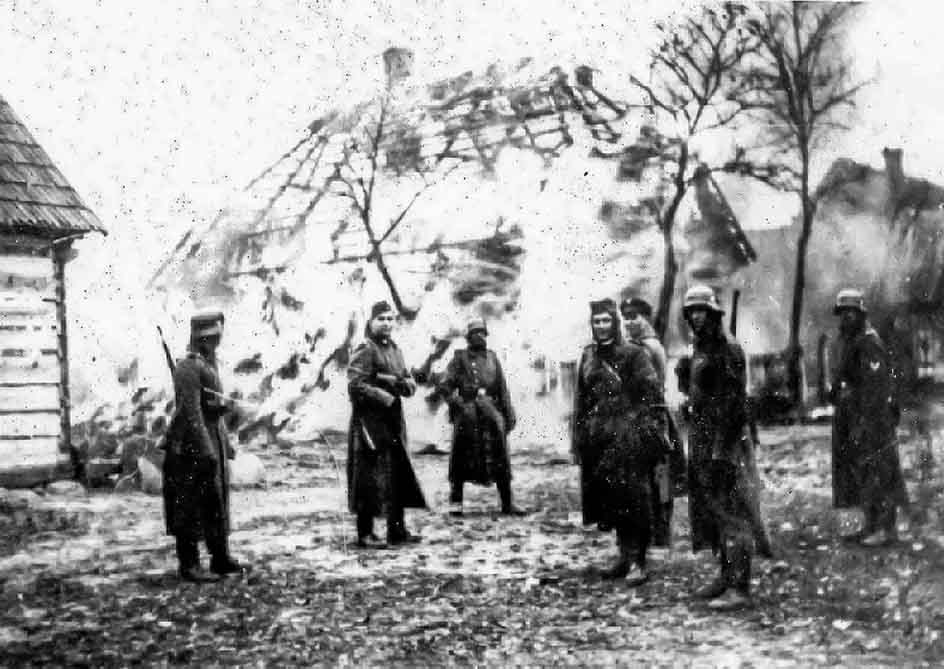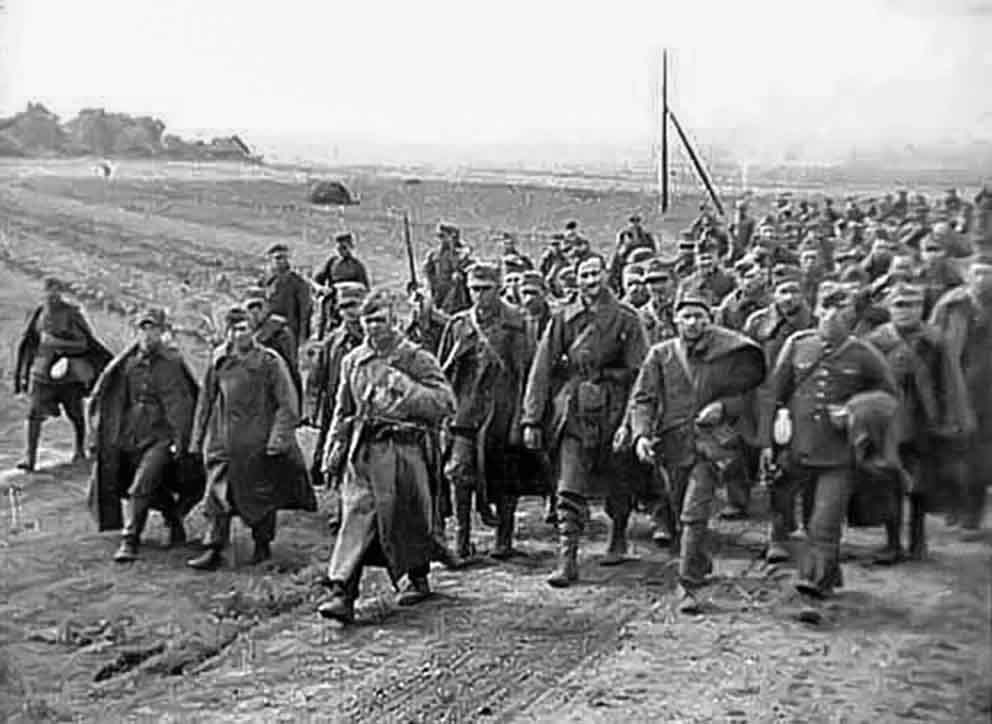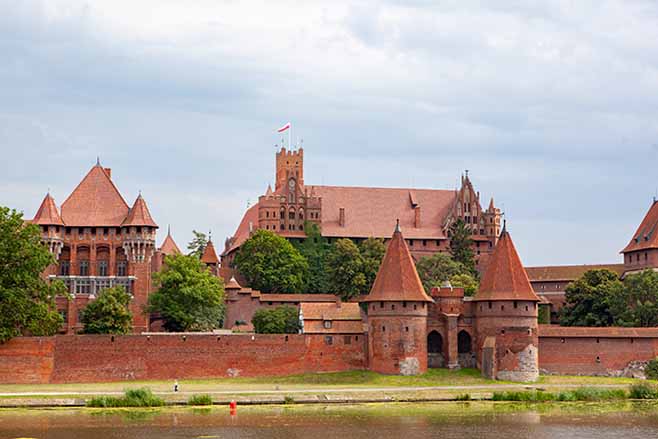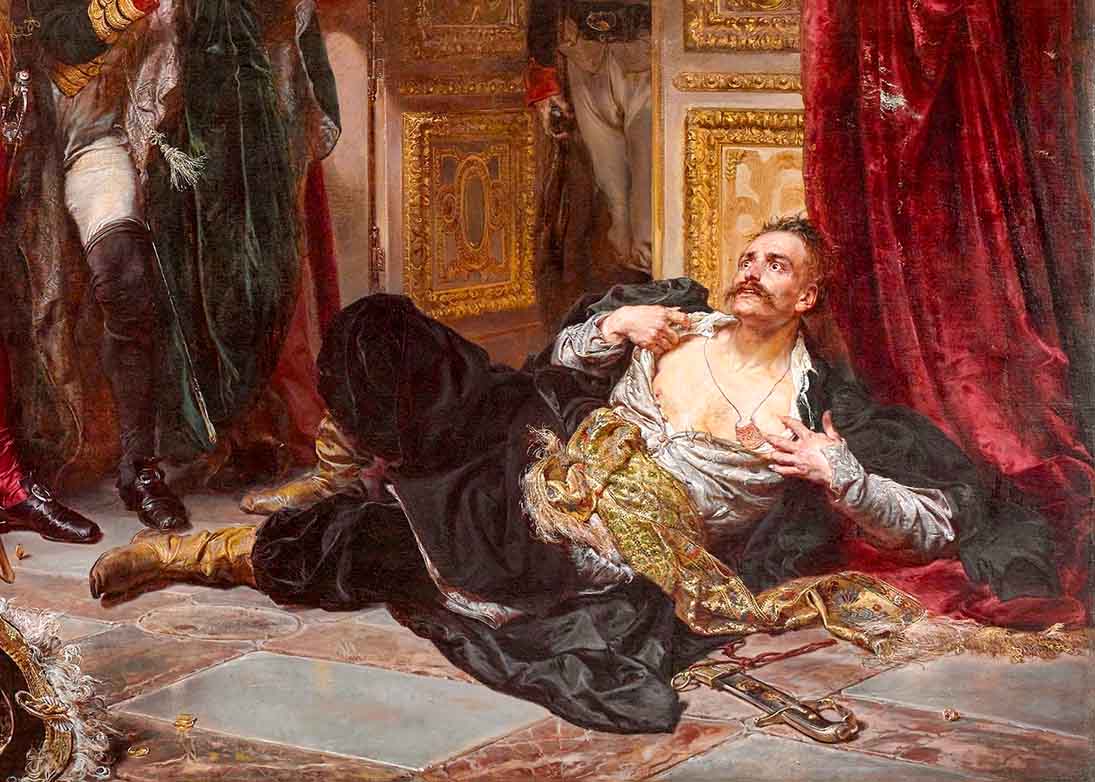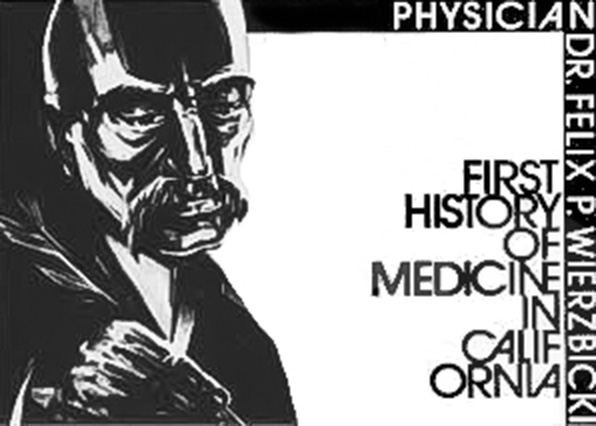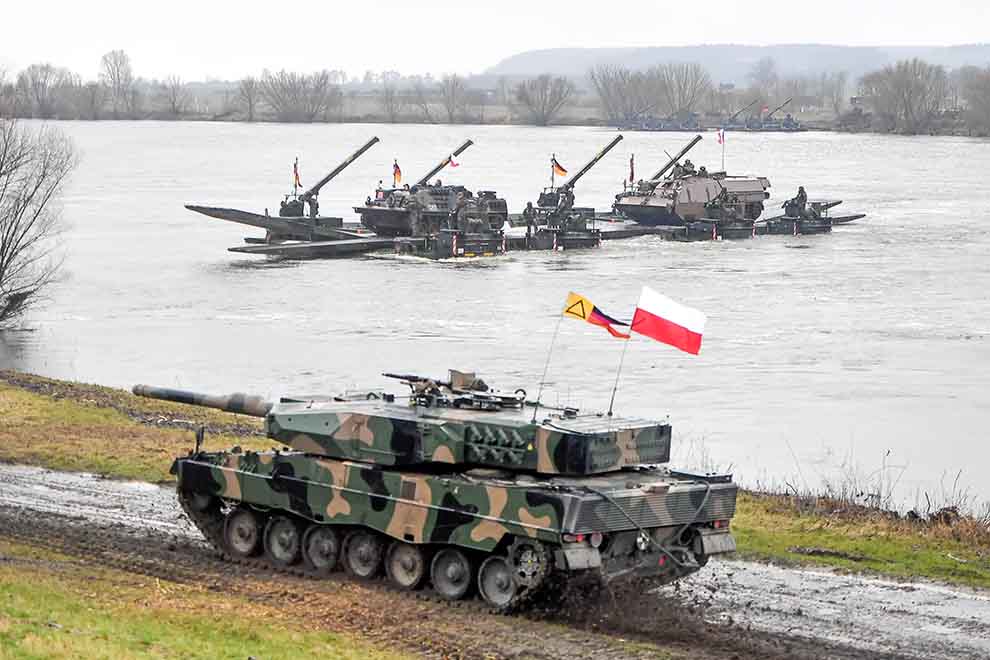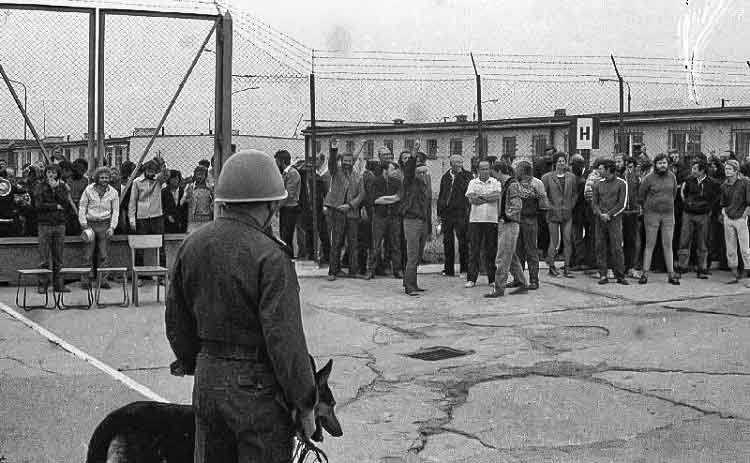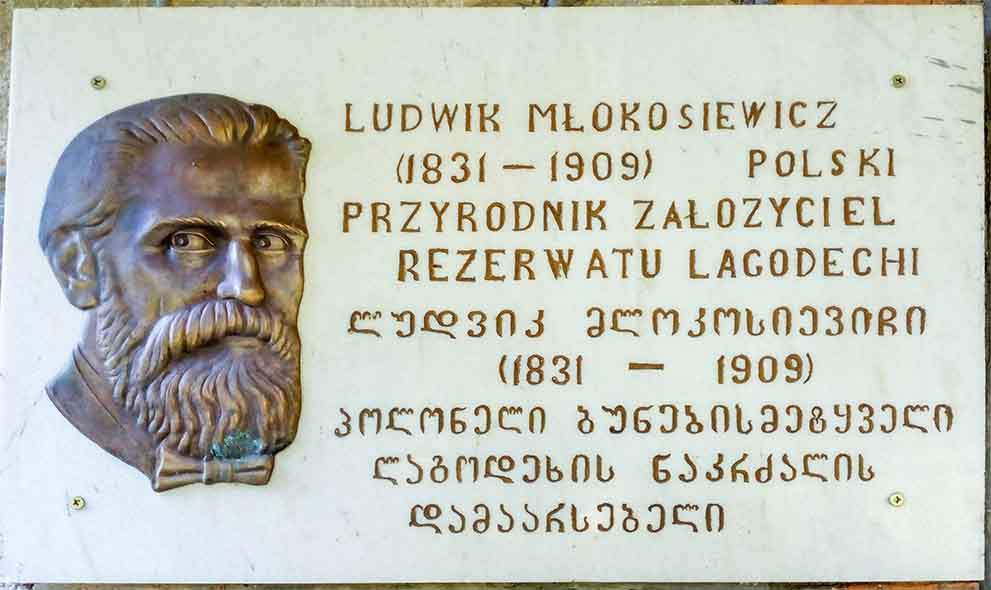He was the first to create and describe the definition of the crime of "genocide" and to push for its introduction into international law by the UN. This was his life's mission, for which he paid a high price. August 28 marked 65 years since his death.
Read more... Reading time 5 min.All of us from our generation remember the first bilingual monthly magazine in the United States, "Polish News". It is still published today by our wonderful friend Krystyna Teller. Since neither the Polish authorities, nor the media noticed that Krysia had already retired, we allow ourselves to recall how "Polish News" came into being.
Read more... Reading time 4 min.The German executioners did a lot to erase the traces of their crimes in the Chojnice Valley of Death. After many years, we have extracted the remains of the victims from the unmarked pits and are providing them with a dignified burial.
Read more... Reading time 4 min.From the very first days of fighting, the Germans committed heinous crimes against the local population and Polish Army soldiers, thus violating the provisions of the Geneva Convention. They began the systematic extermination of the Polish population.
Read more... Reading time 7 min.Although Russia has officially acknowledged the perpetration of the Katyn massacre, this truth is virtually absent from Russian historiography today. For it does not fit into the myth of the great victory of the war, any more than the Hitler-Stalin pact of 1939, the mass deportations, the enslavement of the Baltic republics, or the colossal scale of the Red Army's marauding in the final phase of the Second World War.
Read more... Reading time 6 min.It was a symbol of the power of the Order of the Hospital of the Blessed Virgin Mary of the German House in Jerusalem. For a century and a half, the Grand Master of the Teutonic Knights and the highest authorities of the order lived there. It was also the seat of German emperors and Polish kings. Destroyed and rebuilt many times, for centuries it has been a wonderful example of design thought and a hero of glorious and inglorious events in our history.
Read more... Reading time 4 min.his summer is not just a time of rest, on the contrary, it is a time of important political, economic and military events. The comments on the first speeches of the members of the new European Parliament have not yet died down, and everyone is already seized by the fever of the conventions of political parties in the United States.
Read more... Reading time 5 min.The life of Felix Paul Wierzbicki (1815-1860) is a remarkable tale of resilience, patriotism, and diverse accomplishments. Born in Volhynia, Ukraine, he abandoned his initial pursuit of medicine to join the November Uprising in 1830-1831, actively participating in pivotal battles for Polish independence. Forced into internment and later exile, he immigrated to the United States, leaving an indelible mark on various fields.
Read more... Reading time 3 min.Today, Poland is a key country on NATO’s eastern flank, a defender of the EU’s eastern borders and a haven for hundreds of thousands of Ukrainians who have fled Russian aggression.
Read more... Reading time 6 min.On August 14, 1982, in the prison in Kwidzyn, the militia and prison guards carried out a brutal pacification of the internment camp for "Solidarity" activists. As a result, over 80 internees were beaten, almost half of them suffered serious injuries.
Read more... Reading time 18 min.He was supposed to be a military man, but the uniform was not his calling. He discovered and introduced to the world some 60 unknown species of flora and fauna. Georgians owe him a unique national park and remember that he was responsible for the creation of what was then Russia's first nature reserve. In Poland, however, Ludwik Młokosiewicz remains completely unknown.
Read more... Reading time 5 min.Wojciech Materski
Although Russia has officially acknowledged the perpetration of the Katyn massacre, this truth is virtually absent from Russian historiography today. For it does not fit into the myth of the great victory of the war, any more than the Hitler-Stalin pact of 1939, the mass deportations, the enslavement of the Baltic republics, or the colossal scale of the Red Army's marauding in the final phase of the Second World War.
Read more...


